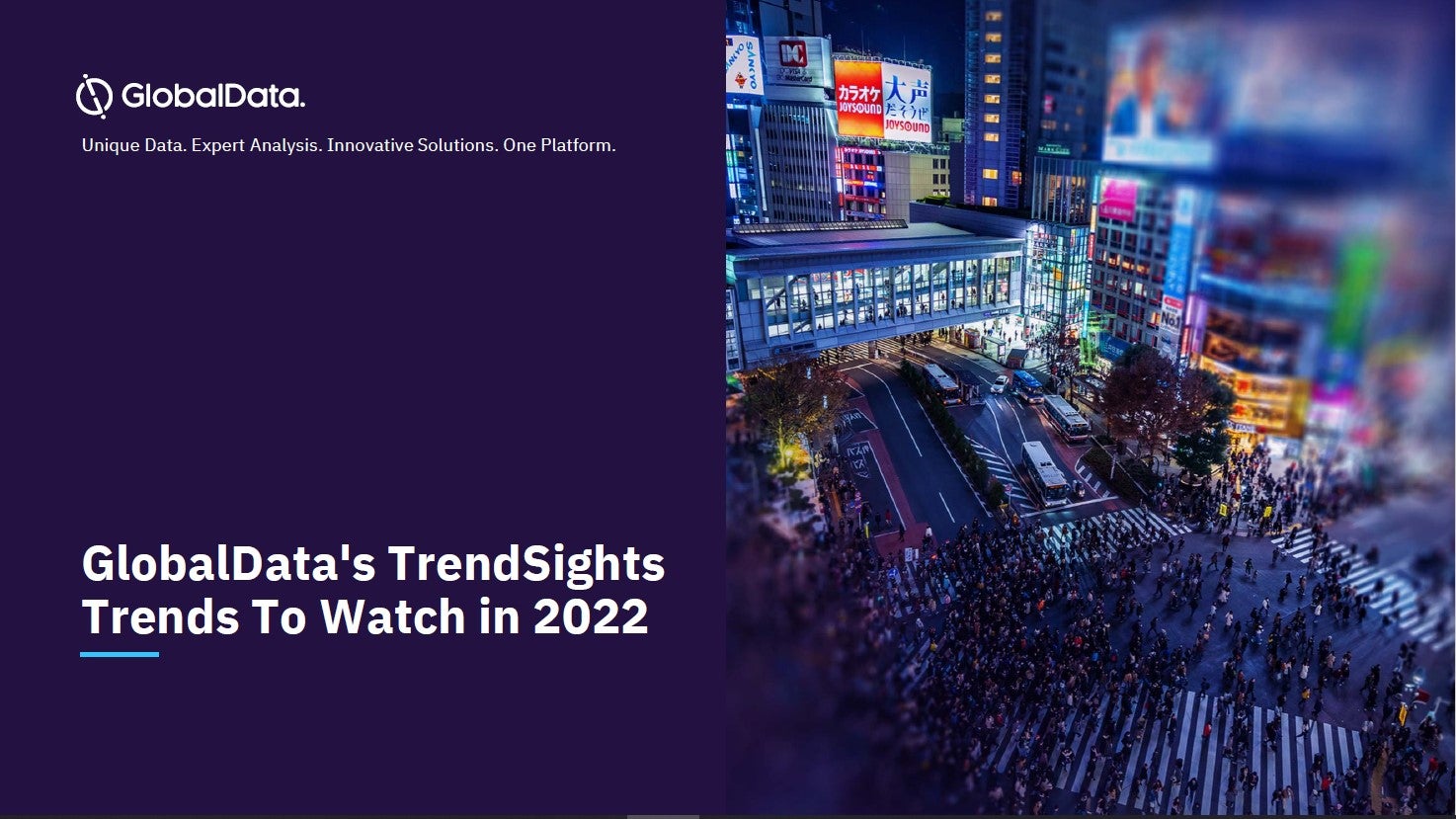Mattel and Hasbro increase sustainability efforts
In recent years, there has been a shift to sustainability and many companies have come under fire for contributing to pollution and have been called out for not taking enough social responsibility. As a result, Mattel and Hasbro have been increasing their sustainability efforts.
As more consumers are becoming increasingly interested in the impact products they are purchasing have on the environment, investing heavily in sustainability will allow both Mattel and Hasbro to extend their reach to a wider target market.
How well do you really know your competitors?
Access the most comprehensive Company Profiles on the market, powered by GlobalData. Save hours of research. Gain competitive edge.

Thank you!
Your download email will arrive shortly
Not ready to buy yet? Download a free sample
We are confident about the unique quality of our Company Profiles. However, we want you to make the most beneficial decision for your business, so we offer a free sample that you can download by submitting the below form
By GlobalDataMattel introduces its new Mega Bloks bio-plastics line
In January 2020 Mattel announced that its Mega Bloks will now feature three pre-school building sets in Polar Friends, Safari Friends and Woodland Friends, all of which will be made from bio-based resins.
The building sets have Forest Stewardship Council-certified (FSC) packaging that is fully recyclable. Moreover, in 2019 Mattel committed to achieving 100% recycled, recyclable or bio-based plastics materials in both its products and packaging by 2030.
Mattel surpassed its 2018 goal of transitioning to 90% recycled material for its paper and wood packaging. The company currently sources 93% of the paper and wood fibre used in its packaging and products from recycled or Forest Stewardship Council (FSC) content.
Hasbro announces plans to phase out plastic from product packaging
Mattel’s direct competitor Hasbro announced in 2020 that it planned to begin phasing out plastic from new product packaging, including plastic elements like polybags, elastic bands, shrink wrap, window sheets and blister packs. The company aims to eliminate virtually all plastic in packaging for new products by the end of 2022.
Hasbro chairman and CEO Brian Goldner said: “Removing plastic from our packaging is the latest advancement in our more than decade-long journey to create a more sustainable future for our business and our world.”
Hasbro has a long-standing commitment to environmental sustainability. In 2010, the manufacturer eliminated wire ties and added How2Recycle labelling in 2016. In 2018, the company announced plans to use plant-based bio-polyethylene terephthalate (bioPET) for blister packs and plastics windows in an attempt to be less reliant on non-renewable resources. The company highlighted that it will use bioPET plastics made with 30% material derived from agricultural by-products.
Hasbro and Mattel join forces with TerraCycle
In 2020, Hasbro expanded its toy and games recycling programme to the UK in an extension of its partnership with TerraCycle. The new UK-based programme will mean consumers can collect and drop off their Hasbro toys and games at locations around the country. TerraCycle will then recycle them into reusable raw materials, which can be used to make new products such as outdoor furniture, planters and similar items.
The same year, Mattel launched the Blocks and Bricks Recycling Program and entered a partnership with TerraCycle for consumers to recycle Mega Bloks, Mega Construx and other non-electronic Mega toys to create new products in Canada. At no charge, consumers, including schools, offices, and community organisations, can send in their Mega toys to be recycled using a prepaid shipping label. TerraCycle will then melt them into hard plastic and remould them to make new products from the recycled materials.






Related Company Profiles
Hasbro Inc
Mattel Inc